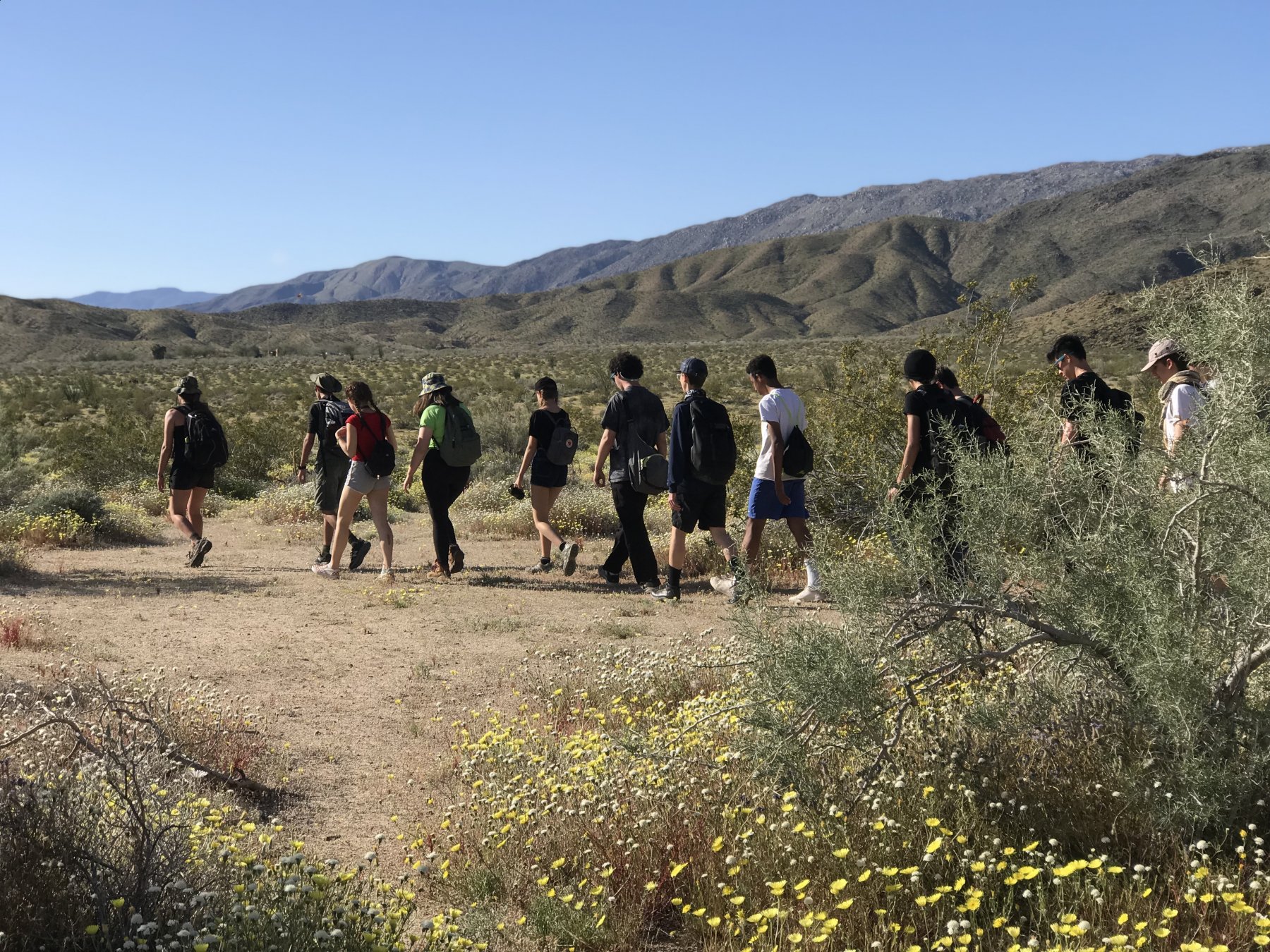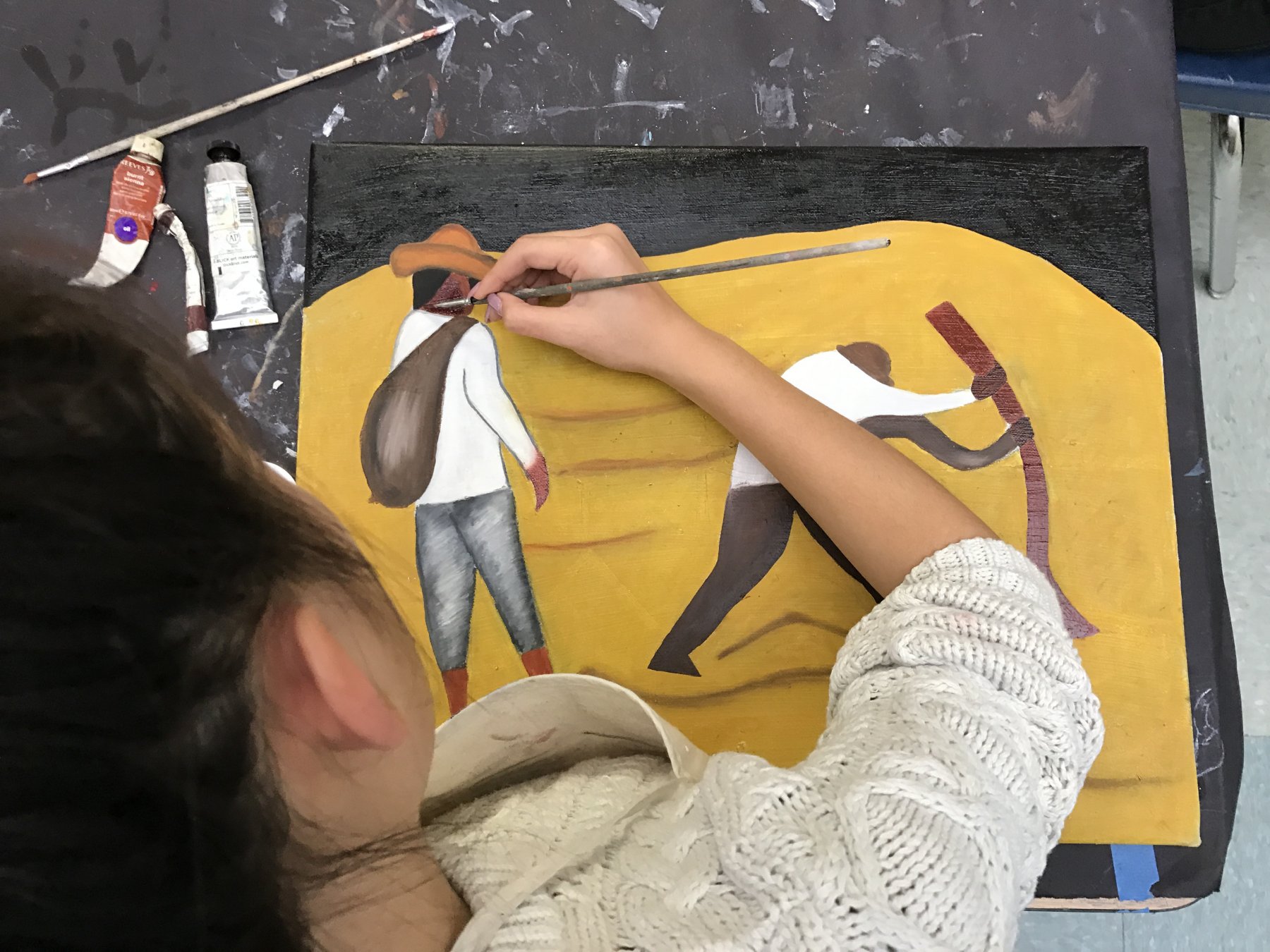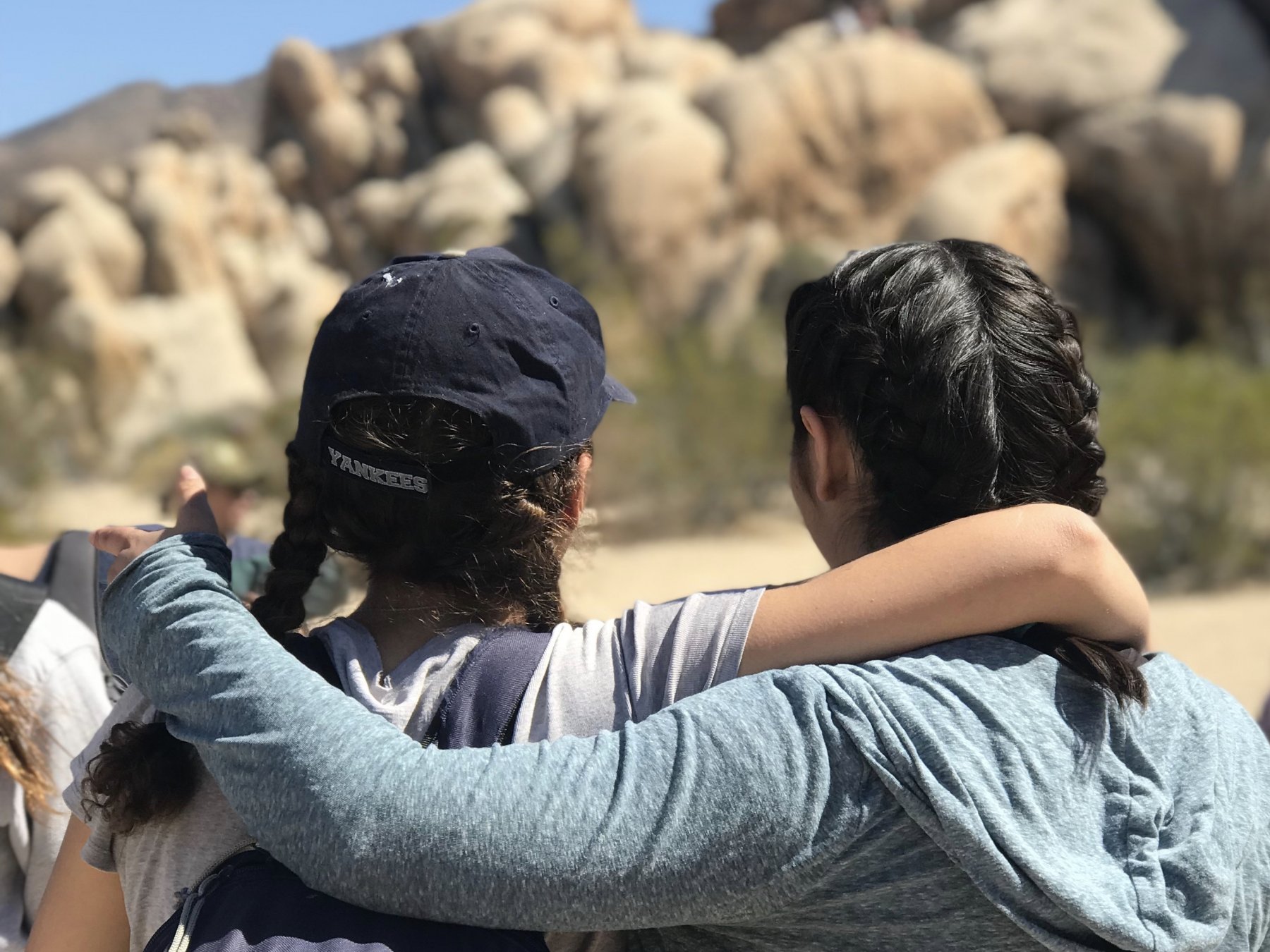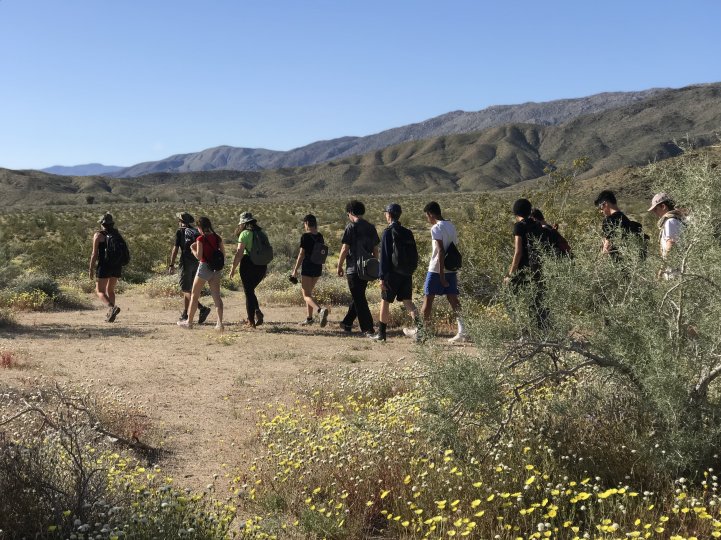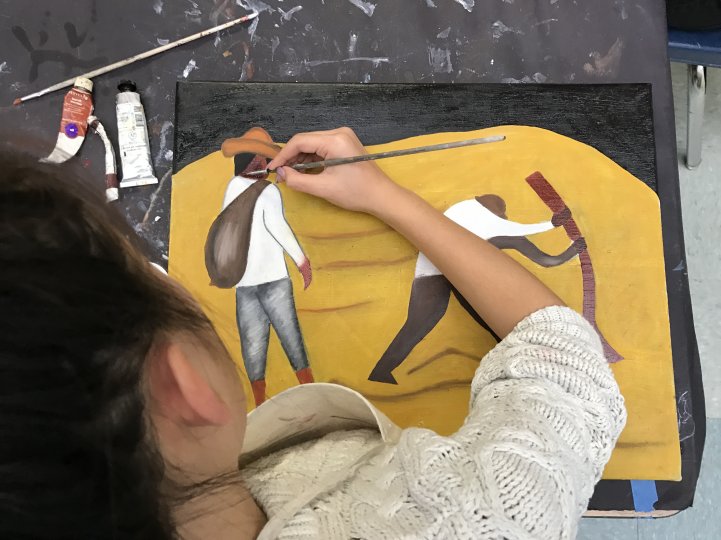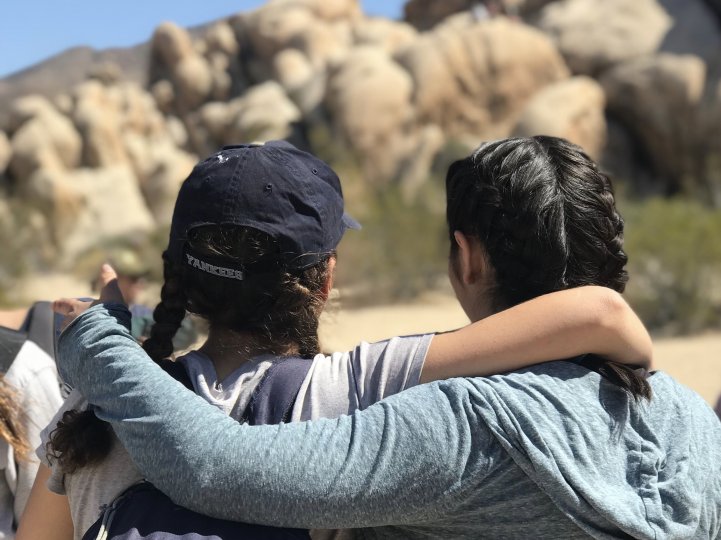Diversity, Equity, and Inclusion
Mission
A continuing commitment to equity and diversity is one of three ideals embraced within Waverly’s mission statement.
The aims of our work in equity and diversity are broad:
The Waverly School is committed to social justice education and thus seeks to provide all members of the community with the tools to recognize and speak out against acts of bias and the discriminatory systems of power that produce structural inequalities. The school is committed to treating individuals with dignity and providing an environment where all members of the community can engage in dialogue, question, learn, and contribute fully. This commitment to full participation encourages community members to be self-reflective about their attitudes toward themselves and others. An equitable and diverse school community makes members better informed, more empathetic, and better prepared to effect positive change in the world. To that end, Waverly fosters an environment in which individual differences of race, ethnicity, biological sex, gender identity, sexual orientation, socioeconomic circumstance, national origin, immigration status, ability and disability, physical characteristics, religious belief, and all aspects of identity are acknowledged and celebrated.
Cornerstones
In 2018, as part of its self-evaluation for re-accreditation by the California Association of Independent Schools (CAIS), the school’s Diversity, Equity, and Inclusion (DEI) Committee identified race as the initial area of focus; and addressing white privilege and fragility as core areas for growth at the personal, interpersonal, institutional, and cultural levels.
During the 2019 – 2020 year, faculty and staff participated in numerous professional development trainings and multicultural workshops including with Visions, Inc.; Southern California People of Color in Independent Schools (SoCal POCIS); The Independent School Alliance Conference; The National Association of Independent Schools People of Color Conference (PoCC); and The Teaching Tolerance Institute (Learning for Justice).
The work of the 2019 – 2020 DEI committee focused on implementing and facilitating faculty and staff affinity groups, centered around common readings and learnings. High school students also worked in affinity space. The elementary school adopted the Teaching Tolerance Social Justice Standards. The board created a DEI sub-committee, and the school continued to hone the hiring process to further increase diversity in hiring.
During the 2020 – 2021 school year all sectors of the Waverly community worked with the California Conference for Equity and Justice (CCEJ), undertaking a comprehensive structural assessment of our school climate and culture. The final report plus a webinar on restorative justice circles, with an accompanying reflection guide, were released on February 1, 2021. The results continue to inform our ongoing work.
Among the steps taken during the 2021 – 2022 school year were:
- The establishment of a Gender Inclusion Policy, crafted by a task force of faculty and students, that codifies the ways in which we ensure that all community members can express themselves and live authentically. The task force gathered policies from peer institutions and developed several drafts based upon research. All faculty and middle and high school students reviewed the drafts. In April, a final version was presented by the task force to the Waverly Board of Trustees DEI Committee for its review and support. Read the Gender Inclusion Policy (PDF).
- Two task forces (faculty and parents) engaged in a DEIJ mapping project beginning in the fall of 2021. Their work concluded this spring. Faculty and families contributed to a draft, which was brought to our high school students for their input. Faculty and staff will receive training in August. You can review the map here (PDF), and access additional detailed information here (PDF). The map is to be a living document for the institution and will help to prioritize needs addressing representation, spaces and places, policies and practices, and curriculum. This will ensure transparency and accountability in our DEIJ efforts and provide a road map for top priorities going forward.
- We will conclude our work with Ismalis Nuñez and Christine Saxman this school year. Christine and Ismalis have worked with faculty, students, and staff since 2020. This year, Ismalis and Christine have met with faculty at all three divisions of the school, led faculty/staff meetings, facilitated and guided the Board of Trustees DEI workshop, provided ongoing guidance and support of the Board, and led small-group meetings with community members.
Vision
Priorities and goals
Waverly’s goals are to: 1) build a school community that is rich in and supportive of multiple aspects of identity, and 2) establish institutional practices that foster equity so that all members of the community may fully participate and prosper at Waverly.
Fully addressing the above goals requires intensive, focussed work in building communications and collaborative processes, continued, extensive professional development and evaluation, curriculum and co-curriculum development, admissions, committee development, board participation and oversight, and parent education and support.
Purpose
To fully inhabit Waverly’s mission and ideals, all members of the school must be committed to anti-racism taught within a multicultural framework that fully embraces all aspects of identity. As Waverly seeks to be more diverse, the school must have support systems in place for students of color. An equitable and diverse school community ensures that all students are fully engaged and supported, and makes all students better informed, more empathetic, and better prepared to effect positive change in the world.
